Azabu Hills Residence by Karimoku Case is defined by peaceful interiors and Japanese design
Karimoku Case reveals Azabu Hills Residence, the lifestyle brands tenth project, a minimal modern home that is a serene escape from city living
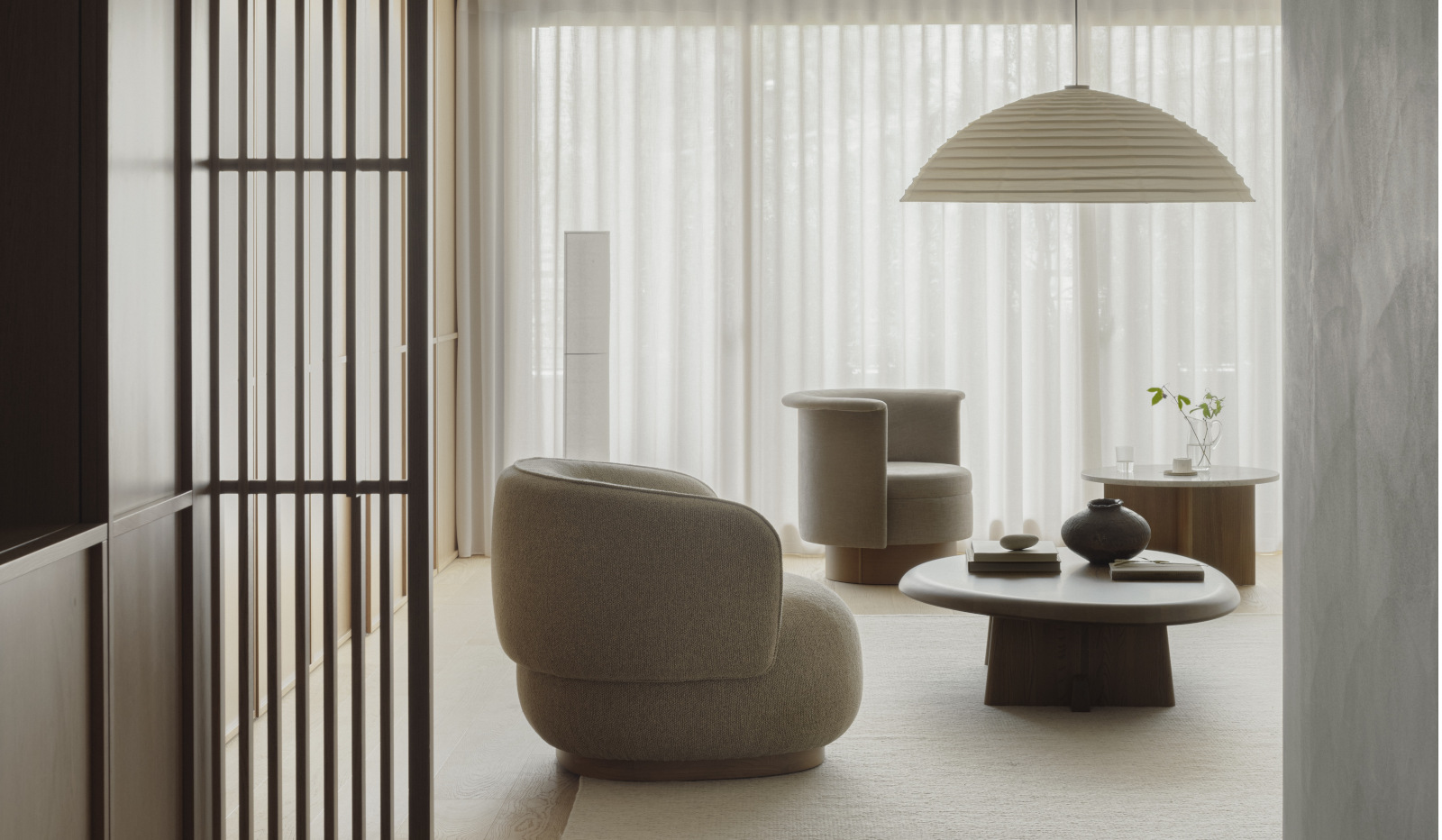
Receive our daily digest of inspiration, escapism and design stories from around the world direct to your inbox.
You are now subscribed
Your newsletter sign-up was successful
Want to add more newsletters?

Daily (Mon-Sun)
Daily Digest
Sign up for global news and reviews, a Wallpaper* take on architecture, design, art & culture, fashion & beauty, travel, tech, watches & jewellery and more.

Monthly, coming soon
The Rundown
A design-minded take on the world of style from Wallpaper* fashion features editor Jack Moss, from global runway shows to insider news and emerging trends.

Monthly, coming soon
The Design File
A closer look at the people and places shaping design, from inspiring interiors to exceptional products, in an expert edit by Wallpaper* global design director Hugo Macdonald.
Amidst Tokyo’s leafy Minami-Azabu district, contemporary lifestyle brand Karimoku Case presents its tenth project, Azabu Hills Residence (following, most recently, the Bellustar Tokyo and the Hiroo Residence, also in Tokyo). This modern home centres on Japanese design, with bespoke furniture and interior design from long-term Karimoku collaborators Keiji Ashizawa from Keiji Ashizawa Design and Frederik Alexander Werner from Norm Architects.
Calming interiors and craftsmanship by Karimoku Case
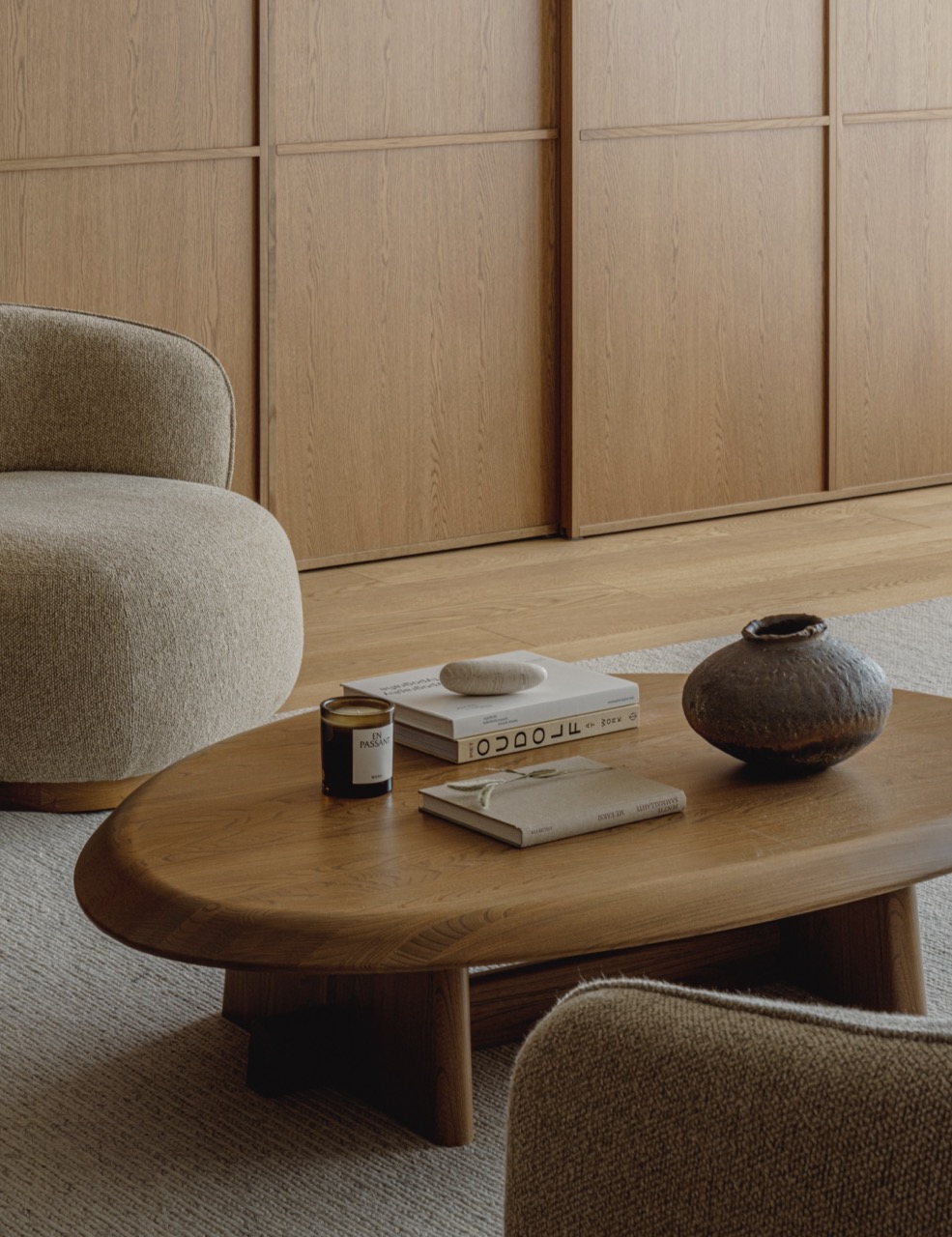
Entering the apartment, the elongated floor plan, connected with lattice doors, channels light throughout the home, creating a calm and airy space. This acts as the perfect canvas for a selection of natural finishes and elegant touches, such as linen curtains and plaster walls, light-coloured marble and soft, textural furnishings.
Drawing upon the residence’s architectural openness, Ashizawa and Werner designed new bespoke furniture specifically for this project. The architects introduced tables and chairs crafted from Japanese Zelkova Keyakai wood, used traditionally in Japanese culture for temples and shrines, which gave the designs a warm counterbalance against the cream interior tones.
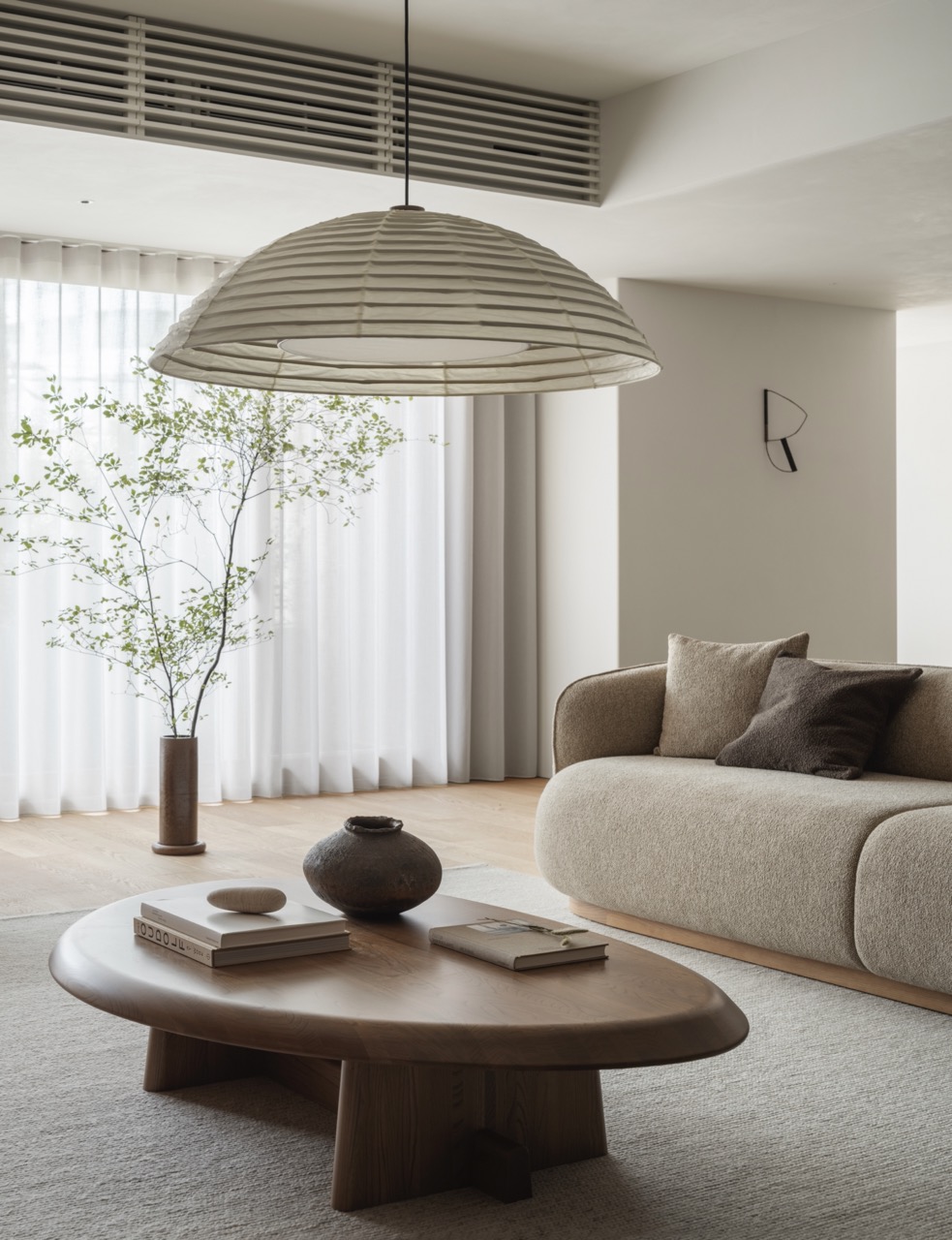
In an effort to revitalise the Japanese forests and to use natural resources responsibly, Werner says, ’The Azabu Hills Residence has given us the opportunity to not only work on new pieces for the collection, but also to welcome “Keyaki” (Japanese Zelkova) to the family of wood species we can offer.
‘As a hard wood with a long and rich history within Japanese building and furniture making, Keyaki is special. It resonates well with our brand direction and with its warmth it follows our ambition to create furniture and interiors that enhance human wellbeing. It is also one of the steps we take towards offering a more diverse material palette, in an effort to open our customers’ and collaborators' eyes to the qualities within less-utilised wooden species.’
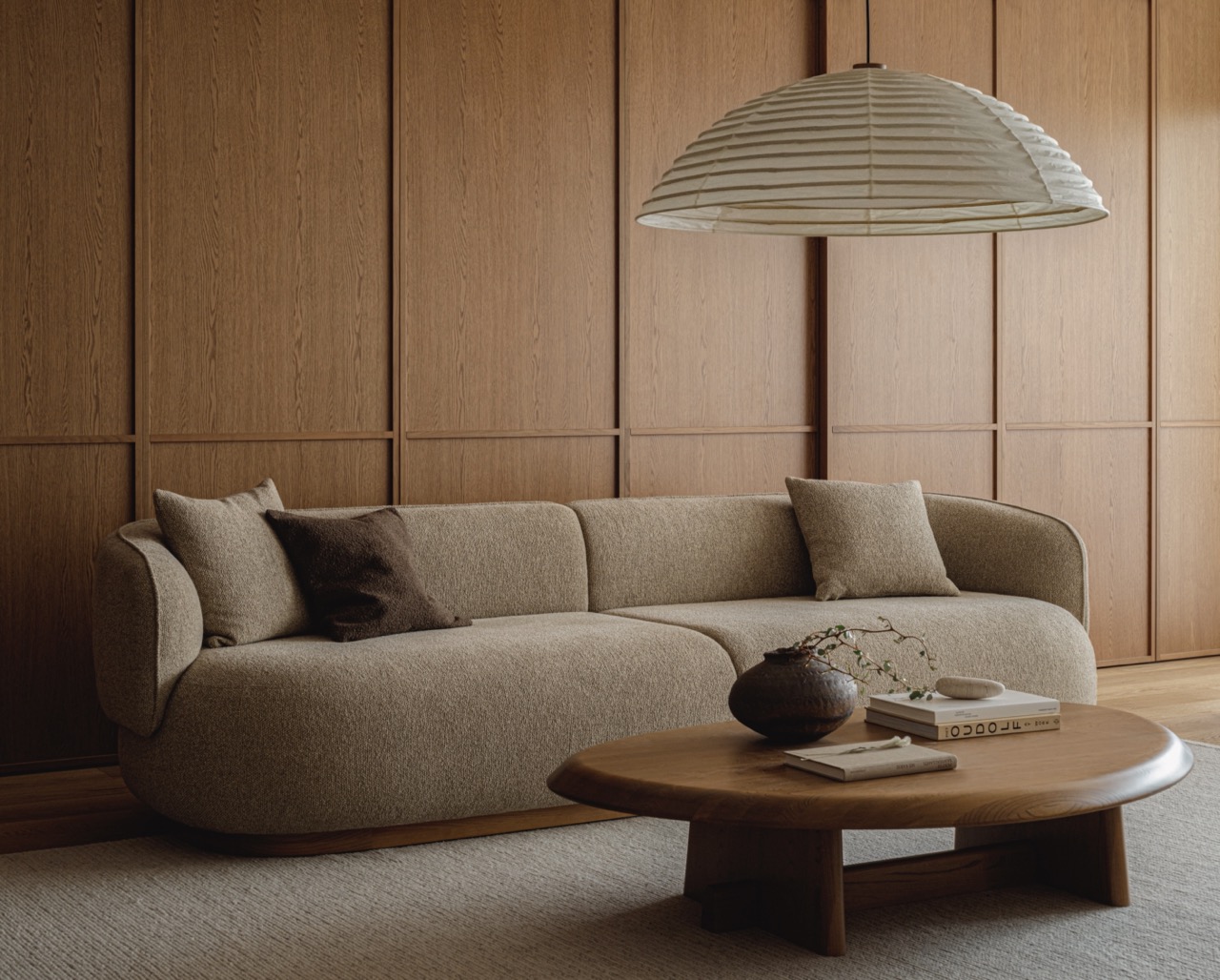
Having the residents' comfort in mind, Ashizawa wanted to create the space to be a peaceful environment. The co-founder designed a matching sofa, and armchair with a soft canvas texture. Norm Architects crafted an accompanying coffee table and task chair with an open rounded back and fine rope detailing. The curvature of the soft furnishings provides a delicate touch in contrast to the smooth Keyaki wood, collectively creating a serene escape from the city.
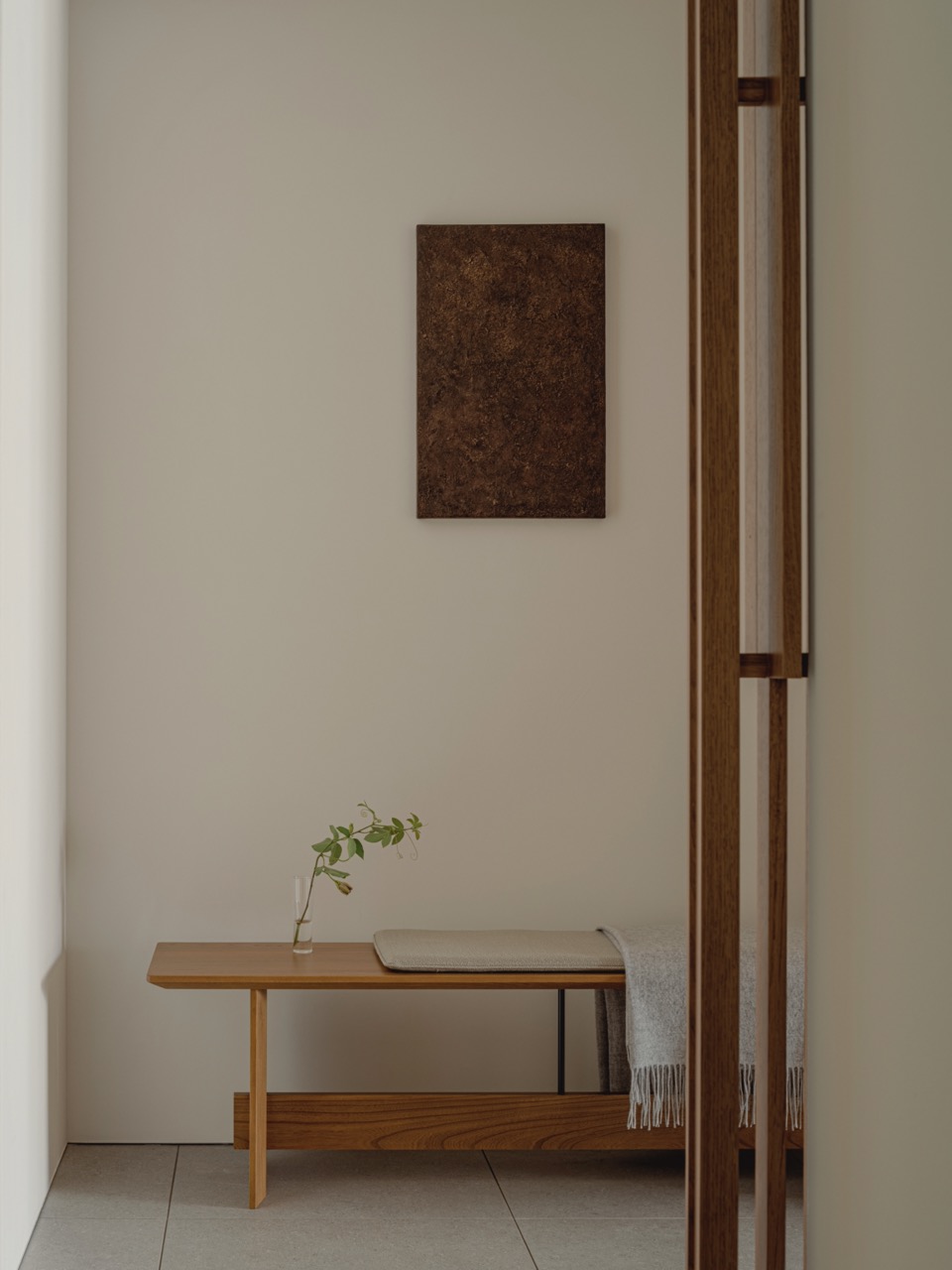
With an eye for detail, the interior window frames, and wooden hardware carry the Keyaki wood theme. The organic tonality of furnishings and natural fabrics present a fine-tuned balance of hard and soft materials, making Azabu Hills Residence a light and open space, with carefully curated modern design.
Receive our daily digest of inspiration, escapism and design stories from around the world direct to your inbox.
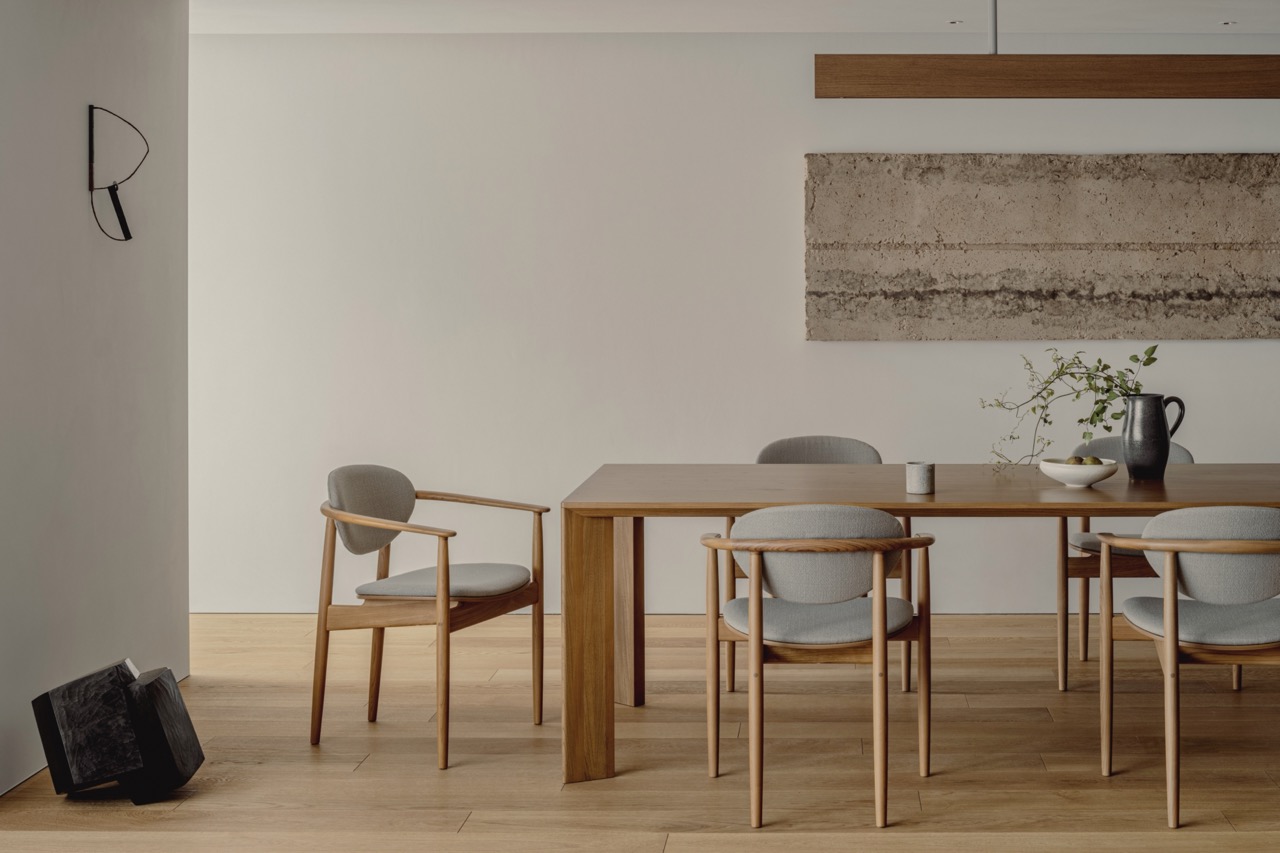
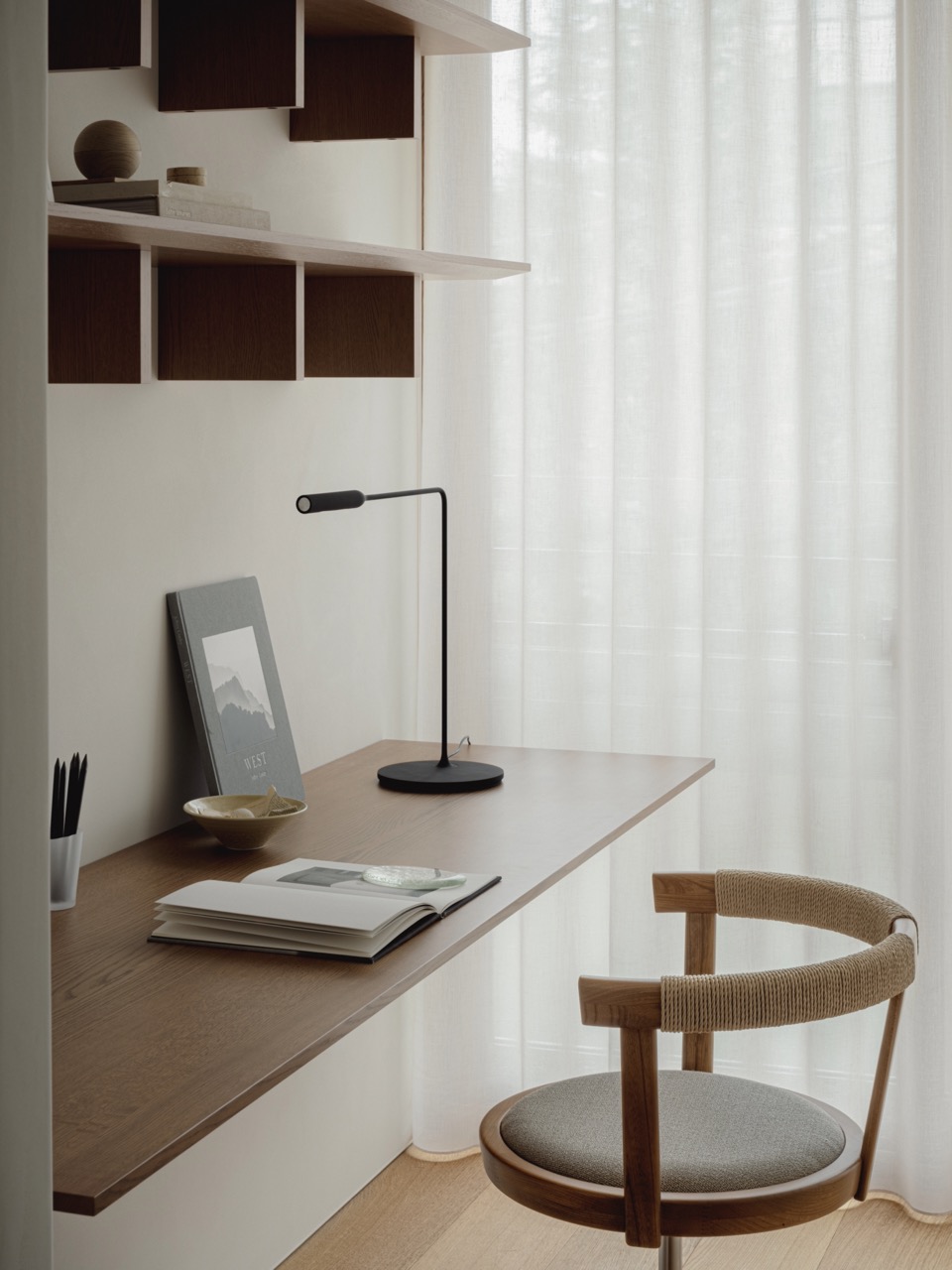
Tianna Williams is Wallpaper’s staff writer. When she isn’t writing extensively across varying content pillars, ranging from design and architecture to travel and art, she also helps put together the daily newsletter. She enjoys speaking to emerging artists, designers and architects, writing about gorgeously designed houses and restaurants, and day-dreaming about her next travel destination.